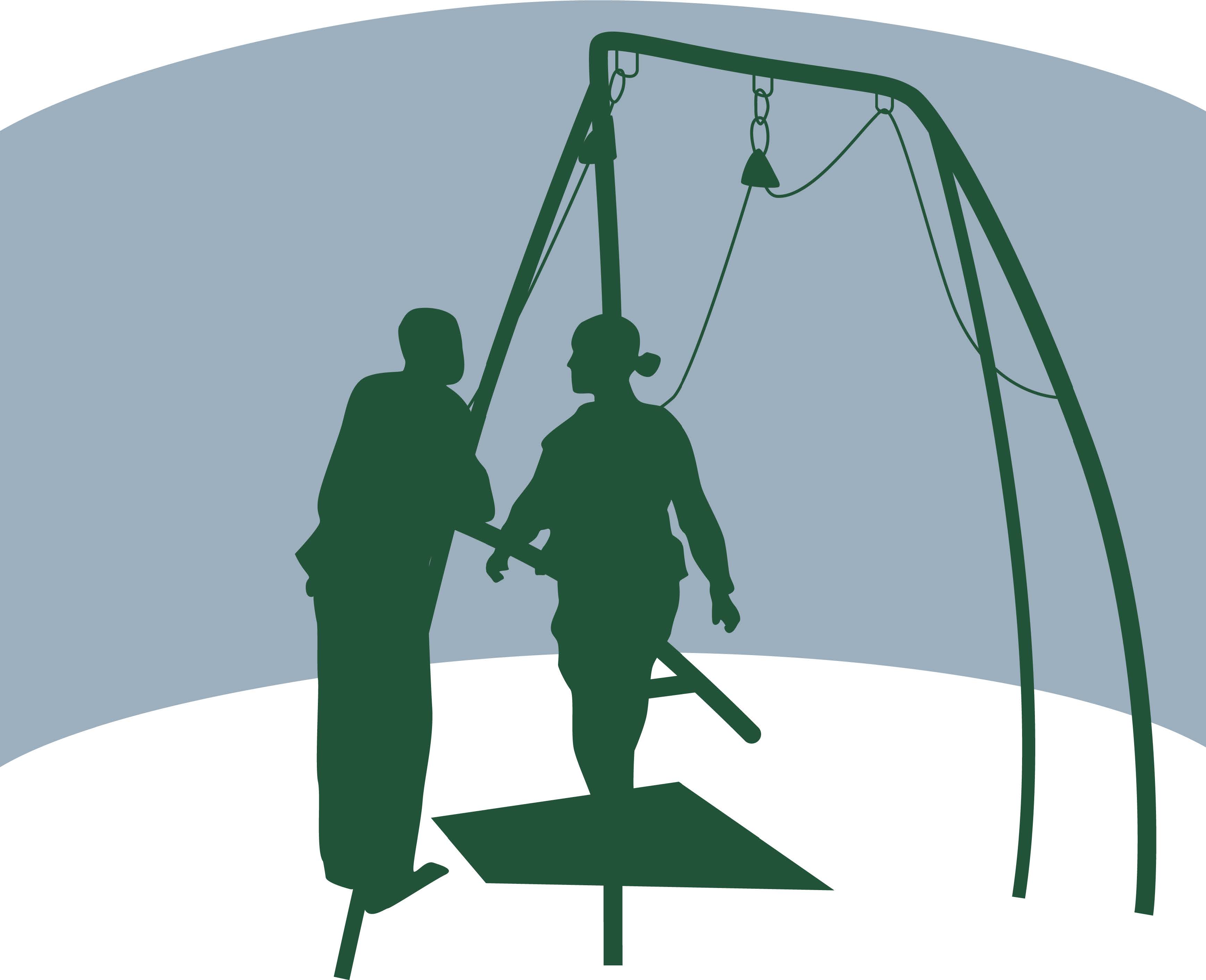Multi-modal Motion-assisted Memory Desensitization and Reprocessing Therapy (3MDR), an interactive, virtual-reality assisted, exposure-based intervention for PTSD, has shown promising results for treatment-resistant Posttraumatic Stress Disorder (TR-PTSD) among military members (MMs) and Veterans in Randomized Controlled Trials. Previous research has suggested that emotional regulation (ER) and emotional dysregulation (ED) may be factors which are correlated with symptom severity and maintenance of TR-PTSD. This embedded mixed-methods pilot study (n=9) sought to explore the impact of 3MDR on ER and ED of MMs and Veterans. Difficulties in Emotional Regulation Scale (DERS-18) data was collected at baseline, prior to each session, and at 1 week, 1 month and 3 months post-intervention and analyzed using a Wilcoxon signed-ranks test. Qualitative data collected from sessions, debriefs, and follow-up interviews were transcribed and descriptively analyzed. Results demonstrated statistically significant decreases in DERS-18 scores from pre-intervention to post-intervention at each timepoint. Qualitatively, participants perceived improvements in ER within specified DERS-18 domains. We describe how 3MDR’s unique and novel approach may address ED through cognitive-motor stimulation, narration, divergent thinking, reappraisal of aversive stimuli, dual-task processing, and reconsolidation of traumatic memories. Further investigation is underway to better understand the underlying neurobiological mechanisms by which 3MDR addresses ER and PTSD.

